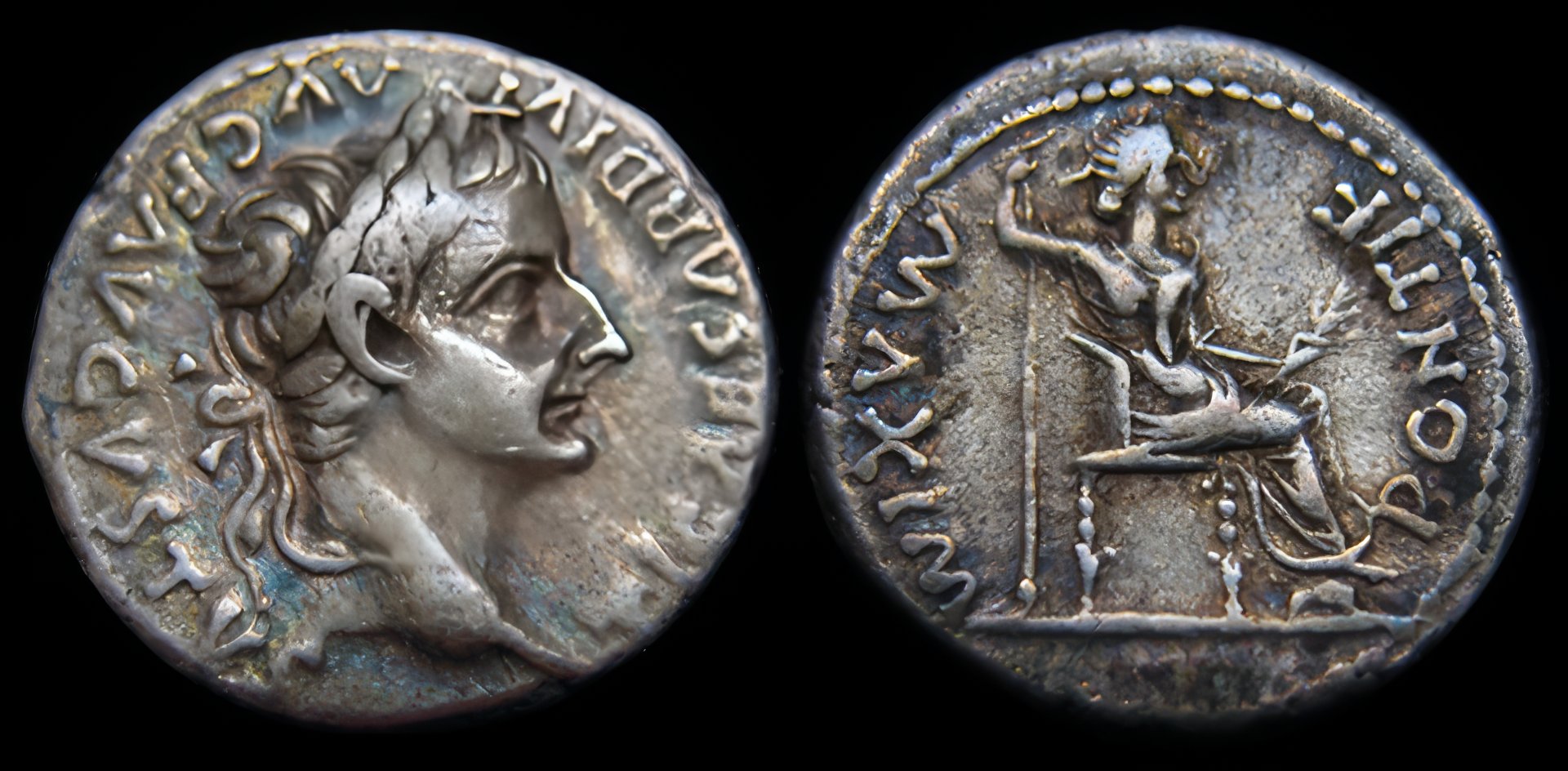About…
coins in the Bible
Before the Exile the Jews had no regularly stamped money. They made use of uncoined shekels or talents of silver, which they weighed out (Genesis 23:16; Exodus 38:24; 2 Samuel 18:12).
The silver ingots used in the time of Abraham may have been of a fixed weight, which was in some way indicated on them. The “pieces of silver” paid by Abimelech to Abraham (Genesis 20:16), and those also for which Joseph was sold (37:28), were probably in the form of rings.
The shekel was the common standard of weight and value among the Hebrews down to the time of the Captivity.
Only once is a shekel of gold mentioned (1 Chronicles 21:25).
The “6 thousand of gold” mentioned in the transaction between Naaman and Gehazi (2 Kings 5:5) were probably so many shekels of gold.
The “piece of money” mentioned in Job 42:11; Genesis 33:19 was the Hebrew kesitah, probably an uncoined piece of silver of a certain weight, perhaps in the form of a sheep or lamb, or perhaps having on it such an impression. The same Hebrew word is used in Joshua 24:32, which is rendered by Wickliffe “an hundred young sheep.”
More information
- About money in the Bible
- Daric
- Pieces of money
- Kesitahs
- Shekels
- Staters
- What is a mite coin in the Bible? —lepton, quadrans, assaria
- Denarius (drachma) coins: Hirelings daily wage / “piece of money” / Pence (Penny) / Tribute money
- What is a farthing in the King James Bible?
- What is a penny (plural: pence) in the King James Bible?
- Silver in the Bible
- Gold in the Bible
- Copper in the Bible
- Some coins were made of lead. (Lead in the Bible)
- Biblical Weights and Measures
- Treasury
- Treasure houses
- Treasure cities
- Archaeology and the Bible
